Healthy diet plan or deceiving approach to fat loss? Here’s why one of the most popular diet options could be the world’s most dangerous diet.
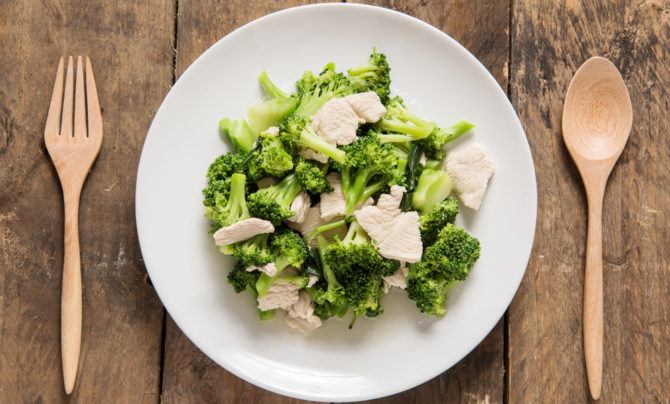 Nutrition
NutritionThe Rules of Fitness REBORN
 Nutrition
NutritionHealthy diet plan or deceiving approach to fat loss? Here’s why one of the most popular diet options could be the world’s most dangerous diet.
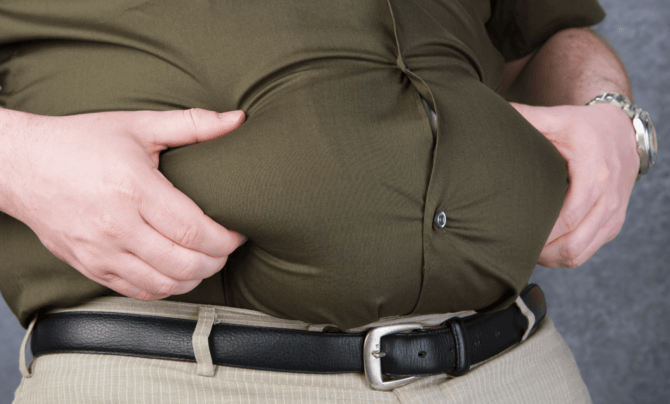 Fitness Nutrition
Fitness NutritionWhy do so many of us carry belly fat? The answer involves your metabolism. In this article, we explain why and give you actionable tips to keep the fat away.
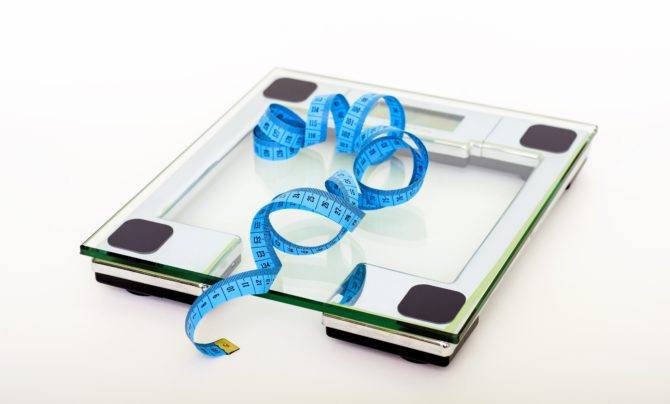 Nutrition
NutritionThere are many reasons why it can seem like under-eating can lead to weight gain. But, science has shown over and over again that this isn’t physiologically possible.
So, what’s happening with all the low-calorie diets that don’t seem to ever lead to more weight loss, and, too often, cause weight gain?
 Nutrition
NutritionLots of weight loss plans tell you that you should avoid all sugar, indulgences, and desserts. And science suggests that’s exactly why so many diets fail.
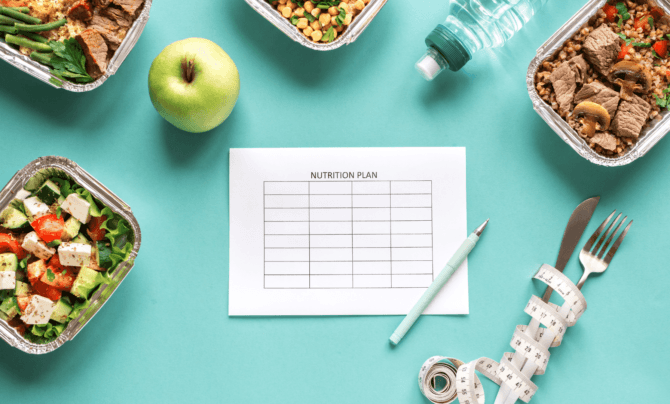 Nutrition
NutritionIf you’ve read a diet book you’ve probably been told to eat 4 to 6 times per day. But is a small snack diet really better than big meals? It depends.
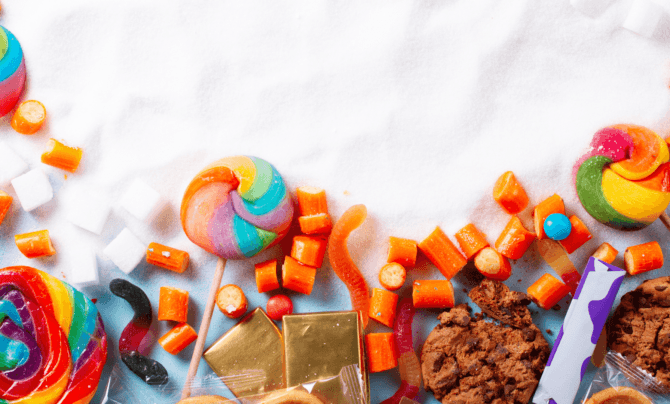 Nutrition
NutritionIt’s been demonized and singled out as the cause of the obesity epidemic. But is sugar bad for you? Are all sugars equal? Here’s what science has to say.
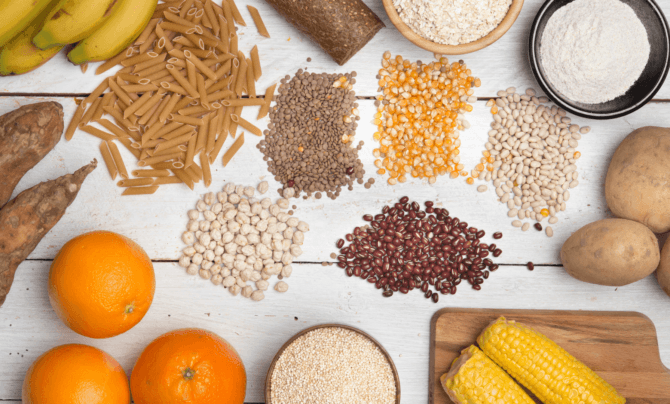 Nutrition
NutritionDo carbs make you fat? According to research, the answer is no. Use this guide to enjoy carbs, lose weight, and improve your health.
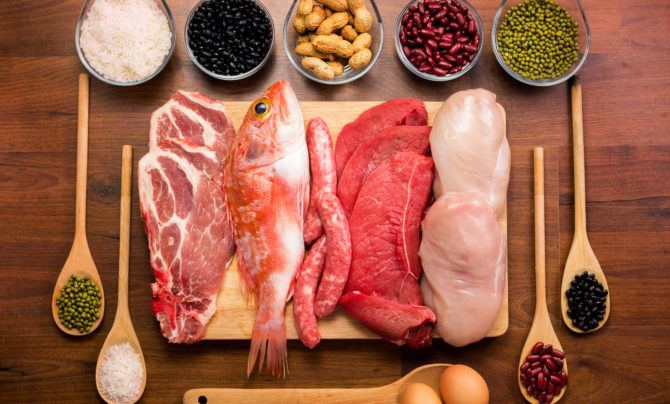 Nutrition
NutritionSome protein sources are better than others, according to science. Here’s how to tell whether a protein is—or isn’t—high quality.
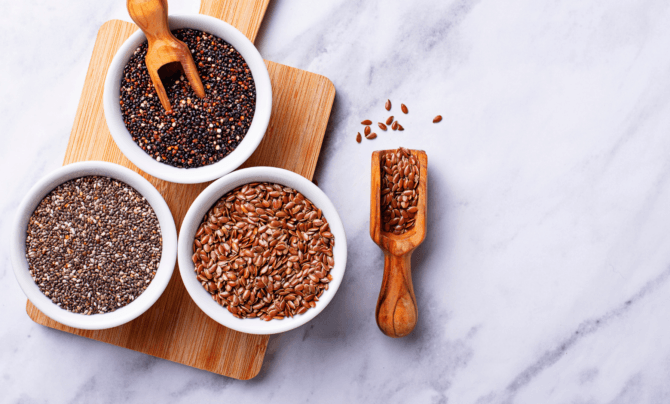 Nutrition
NutritionWhether you’re trying to eat better, curb your cravings, or focus on fat loss without as much frustration, these four changes can help increase your results without adding much burden.
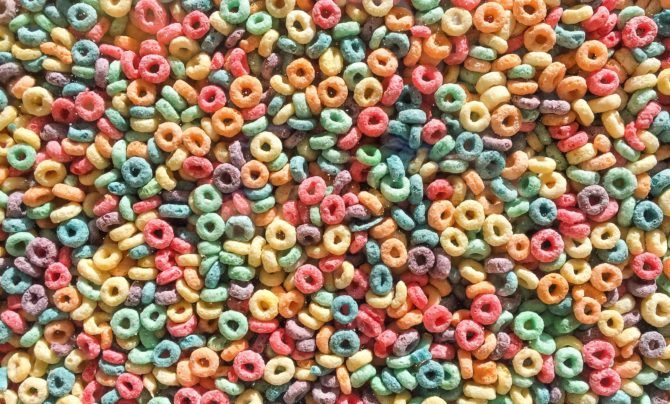 Nutrition
NutritionLearn how to manage and control sugar cravings to make eating more enjoyable and dieting a thing of the past.
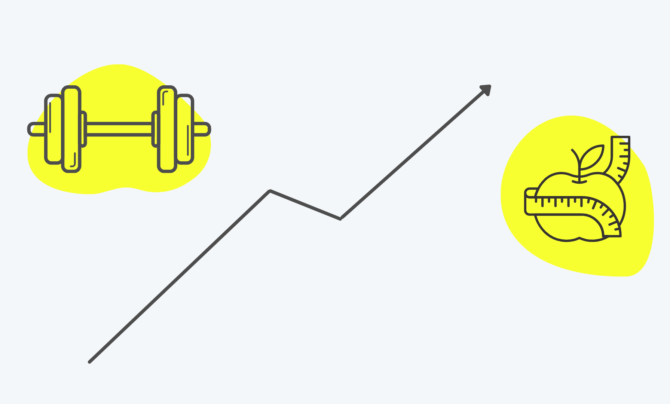 Fitness Nutrition
Fitness NutritionThere are many factors that contribute to poor health — food hyper-palatability, high-stress lifestyles, and confusing misinformation — are all near the top of the list. But on a purely social level, the desire to chase the next trend is a big part of the problem.
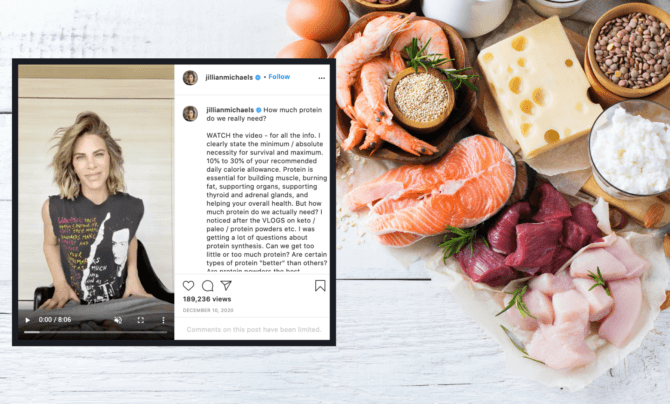 Nutrition
NutritionIn a recent Instagram post, Jillian Michaels (of The Biggest Loser fame) shared the “dangers” of eating more than 30% of your daily calories from protein. “Dangers” are in quotes for a good reason. Unfortunately, she made very definitive claims, many of which are simply not supported by science.